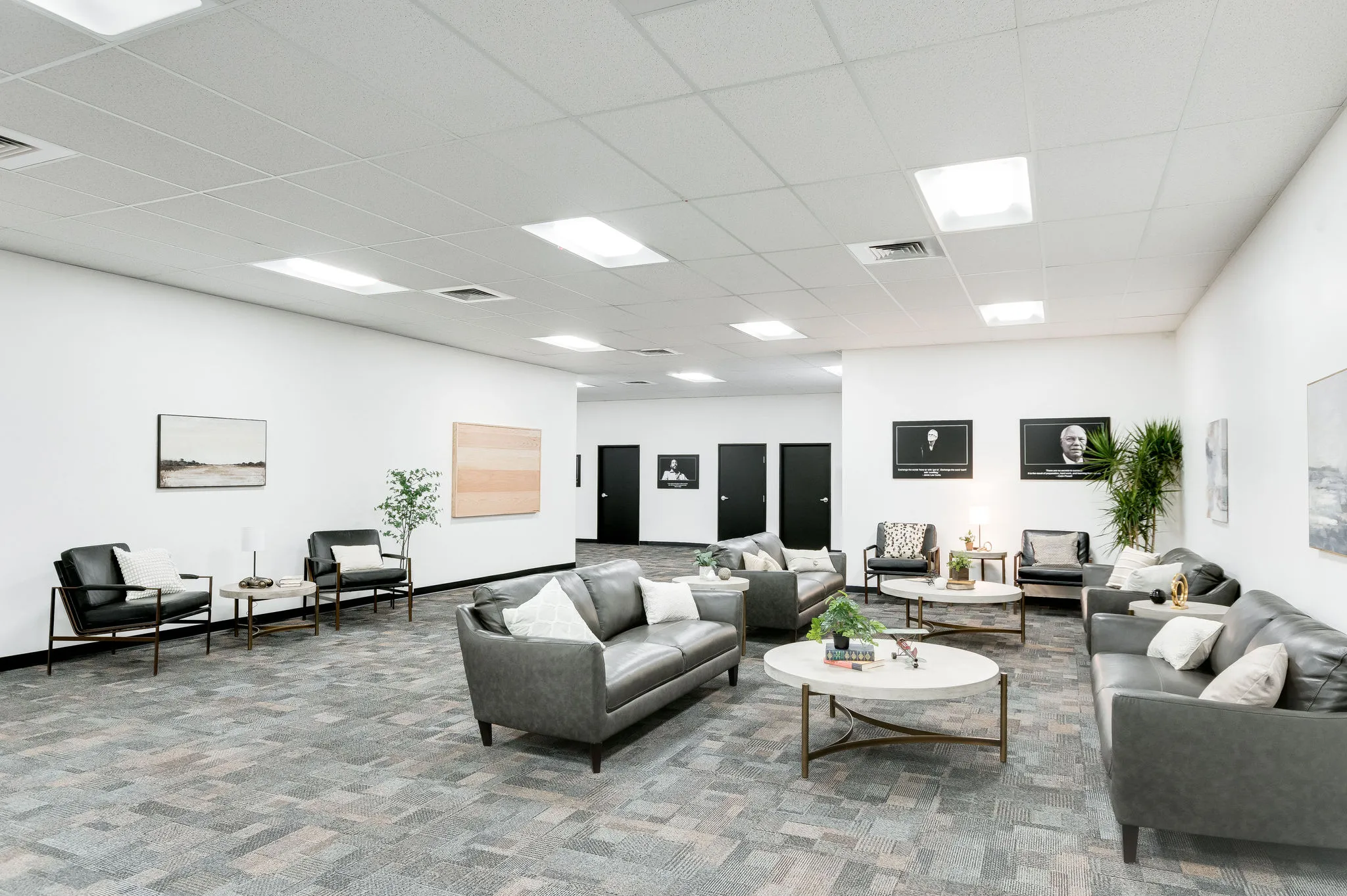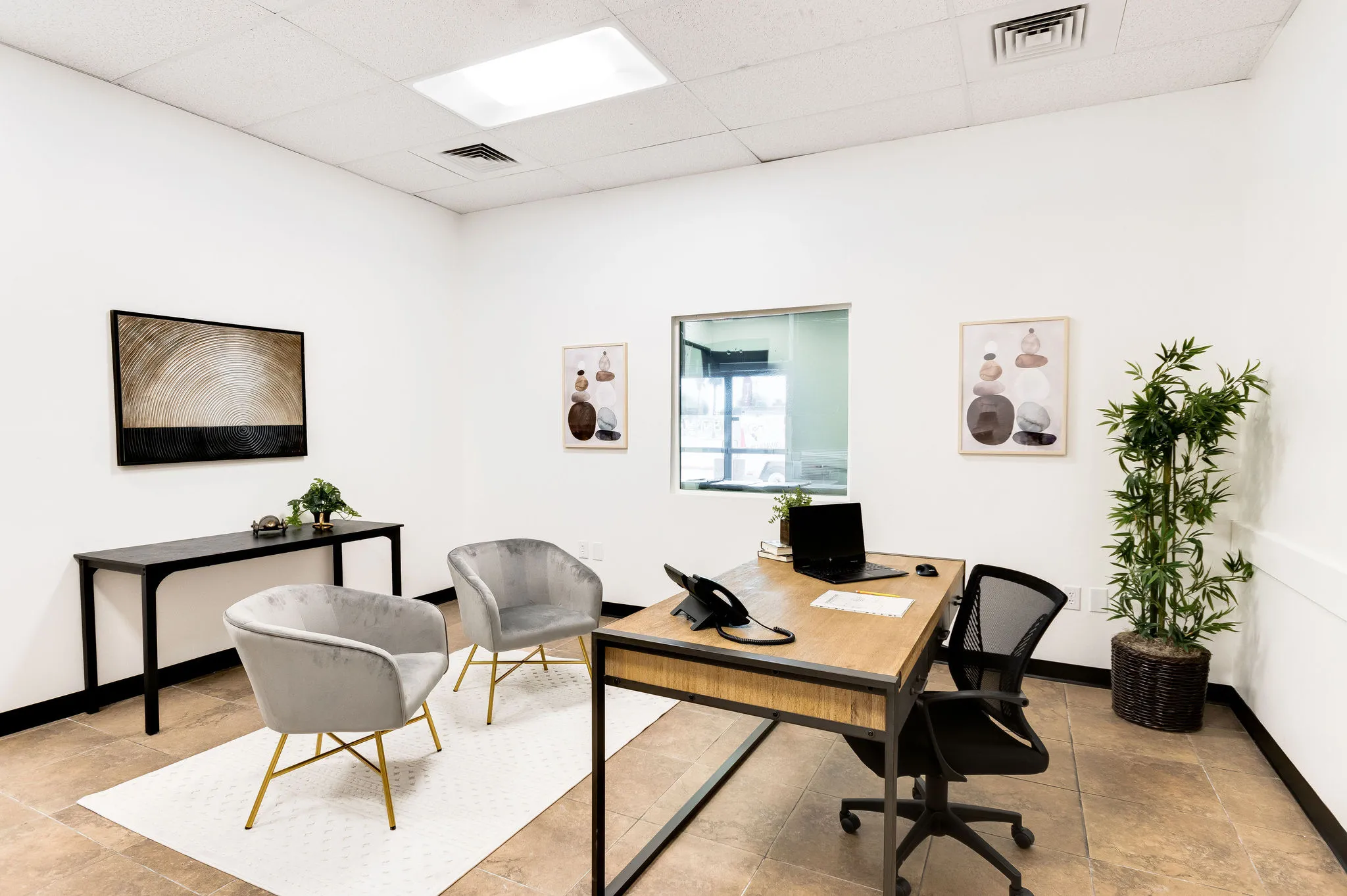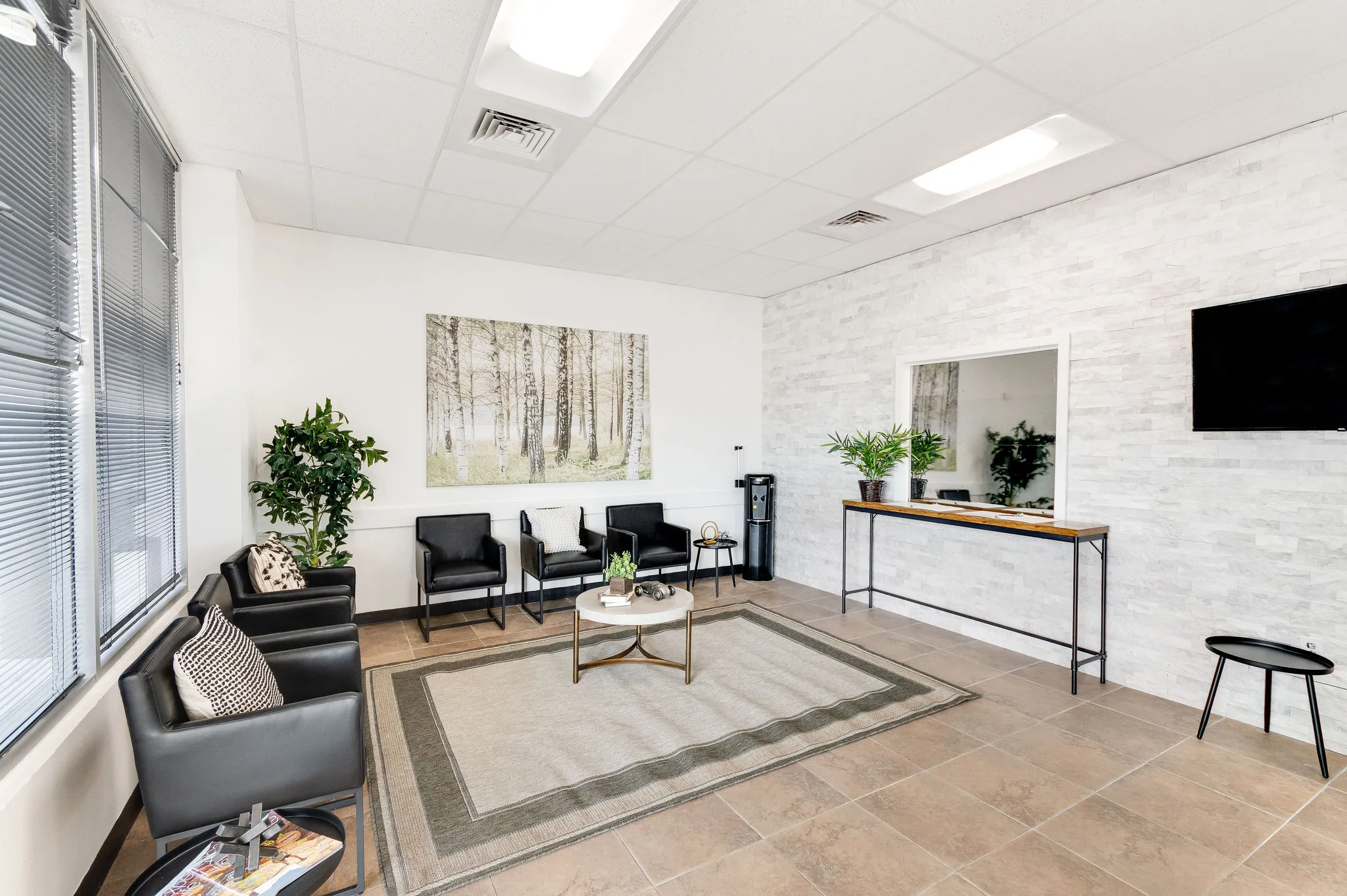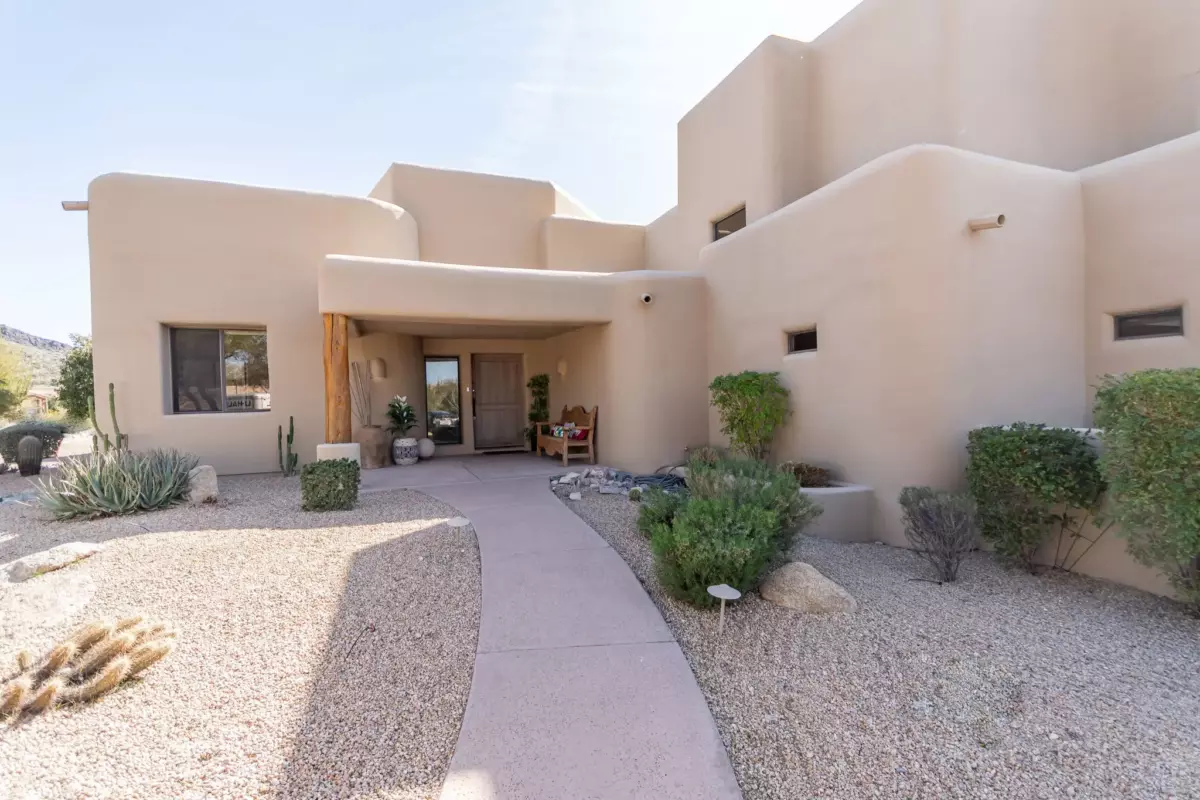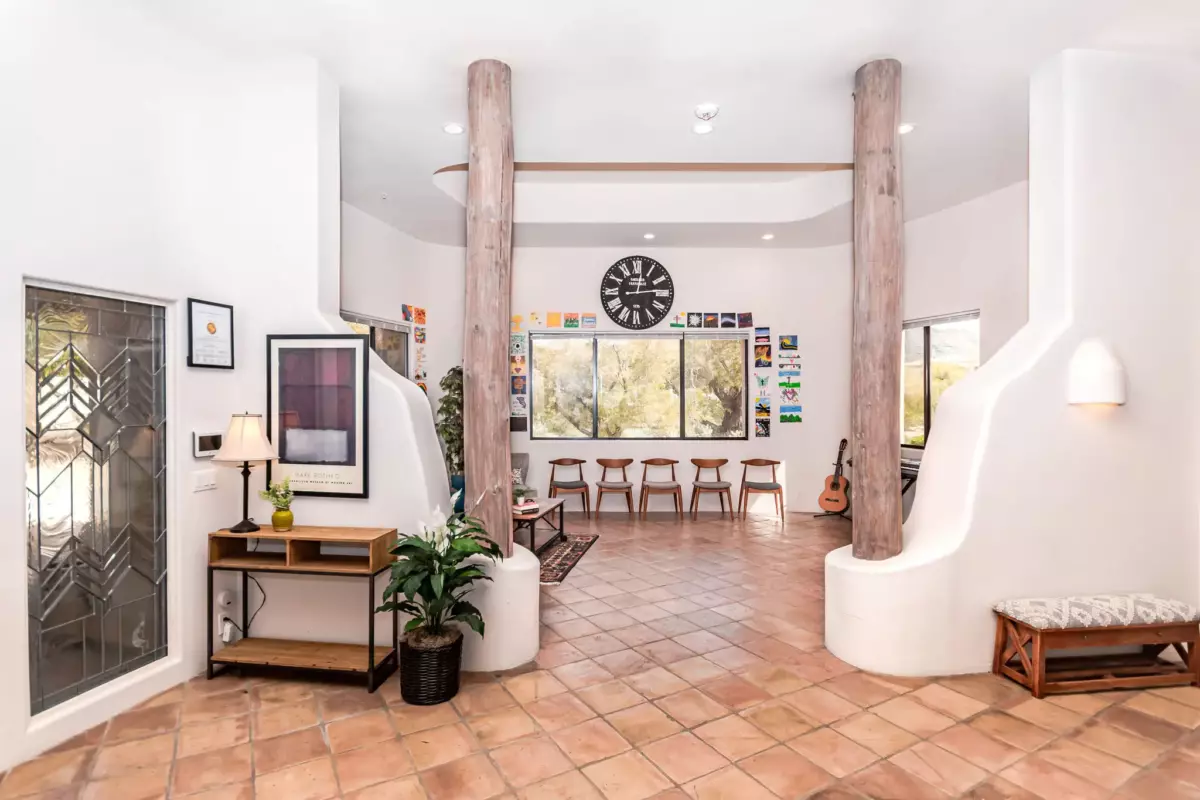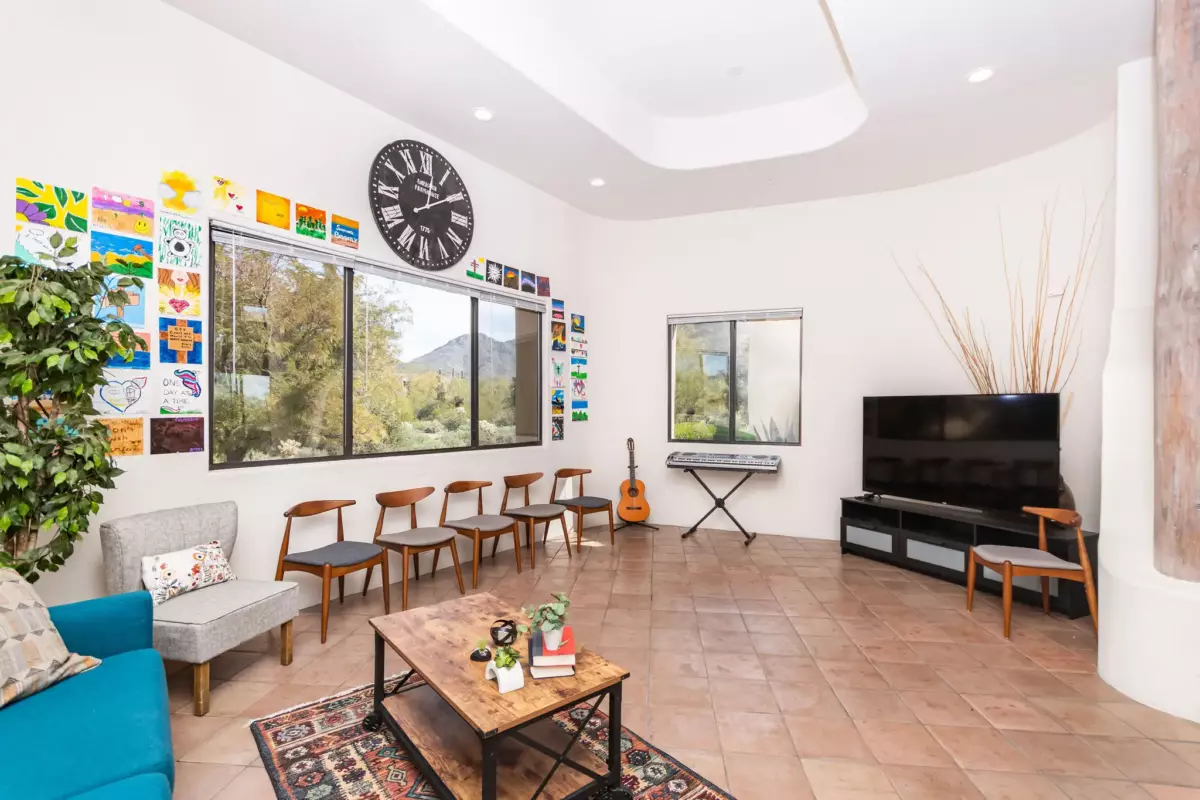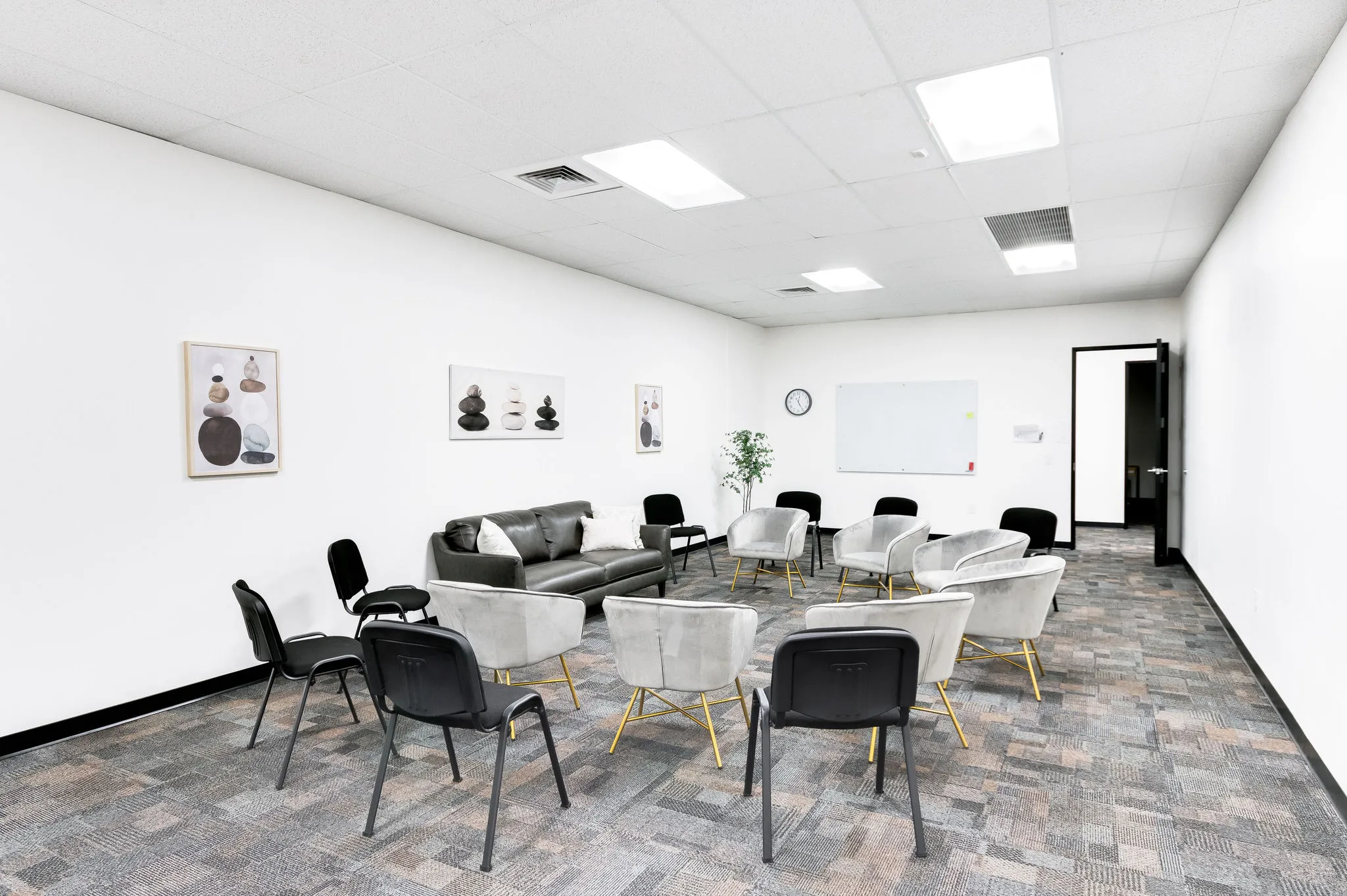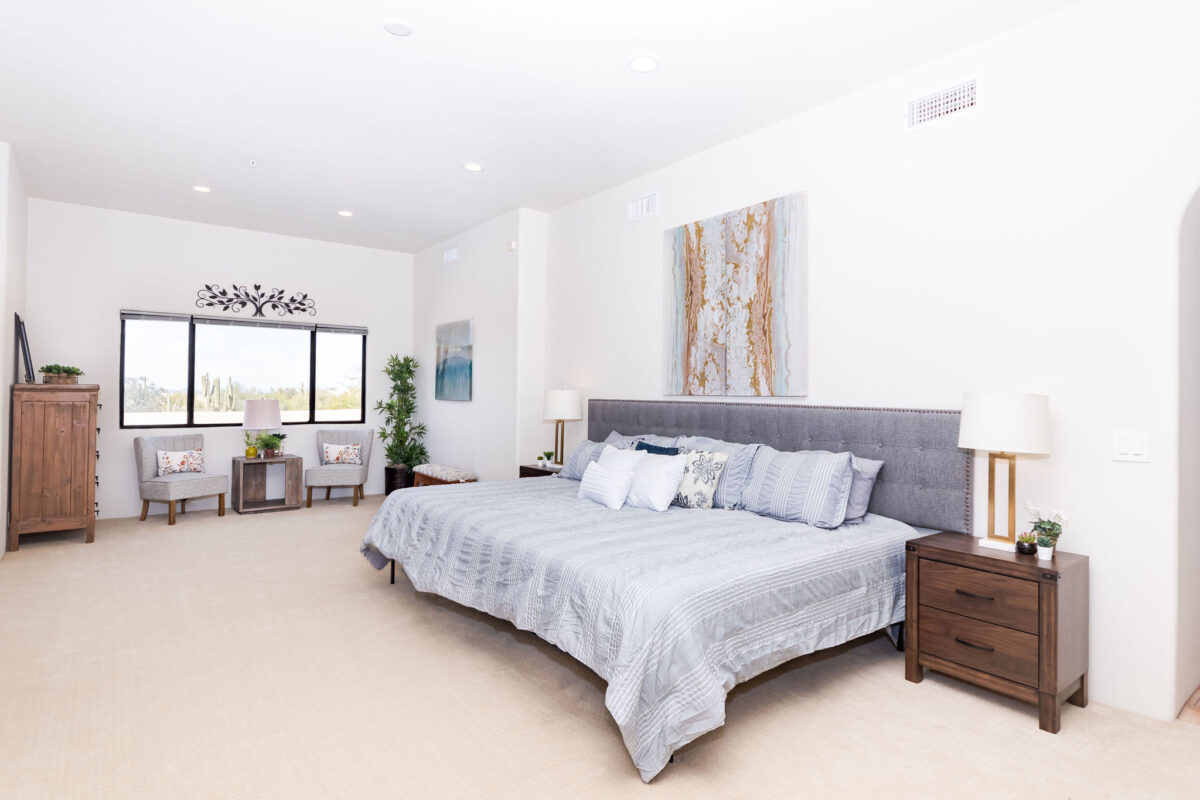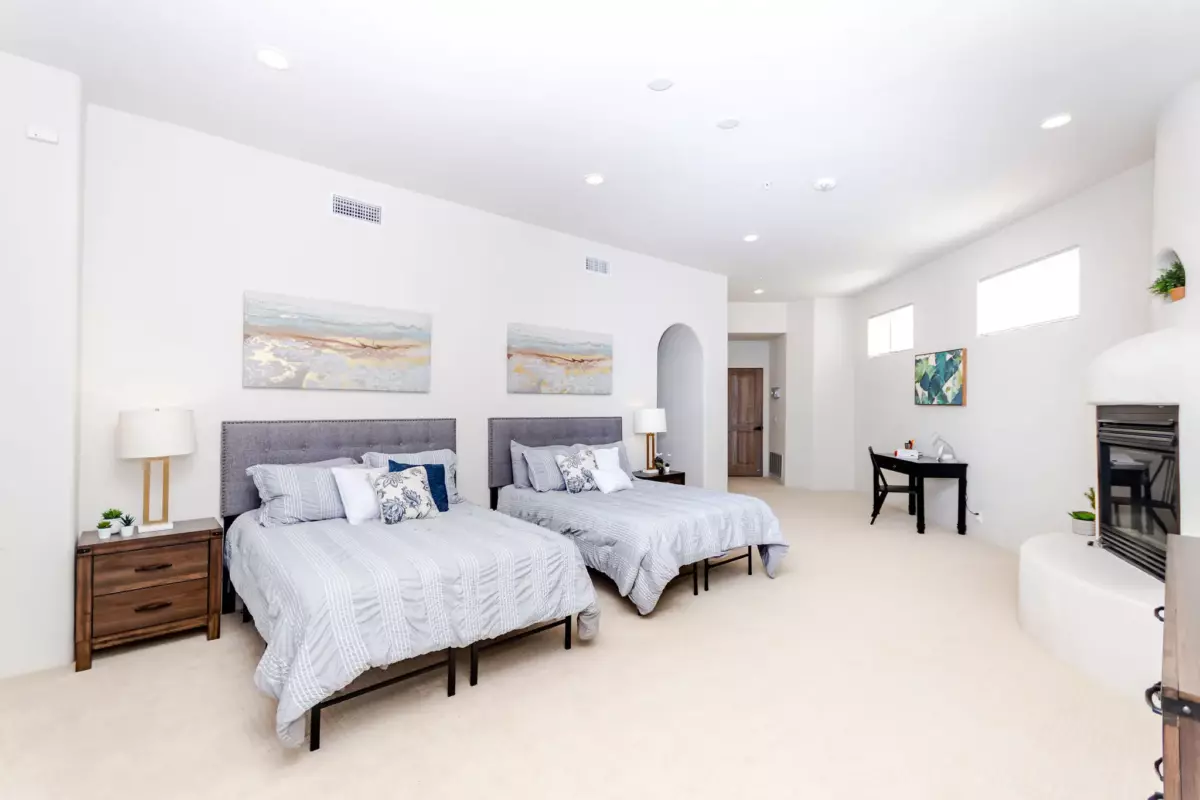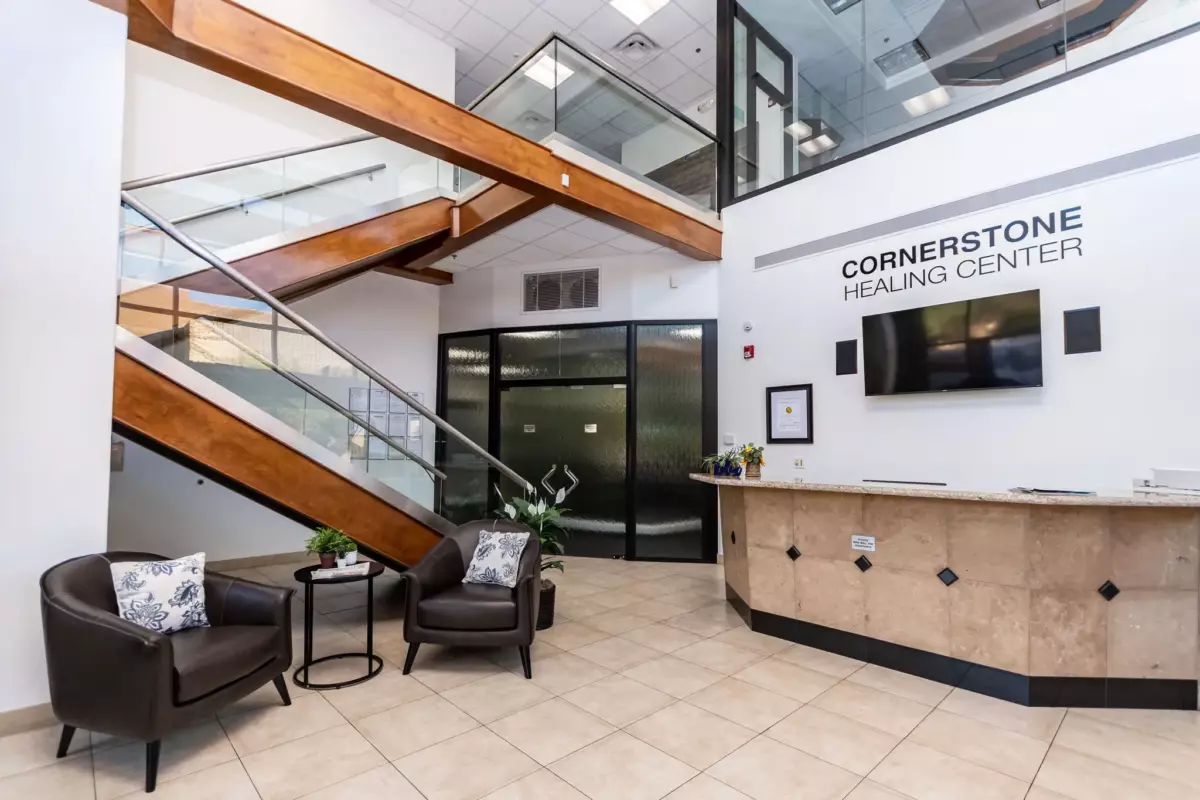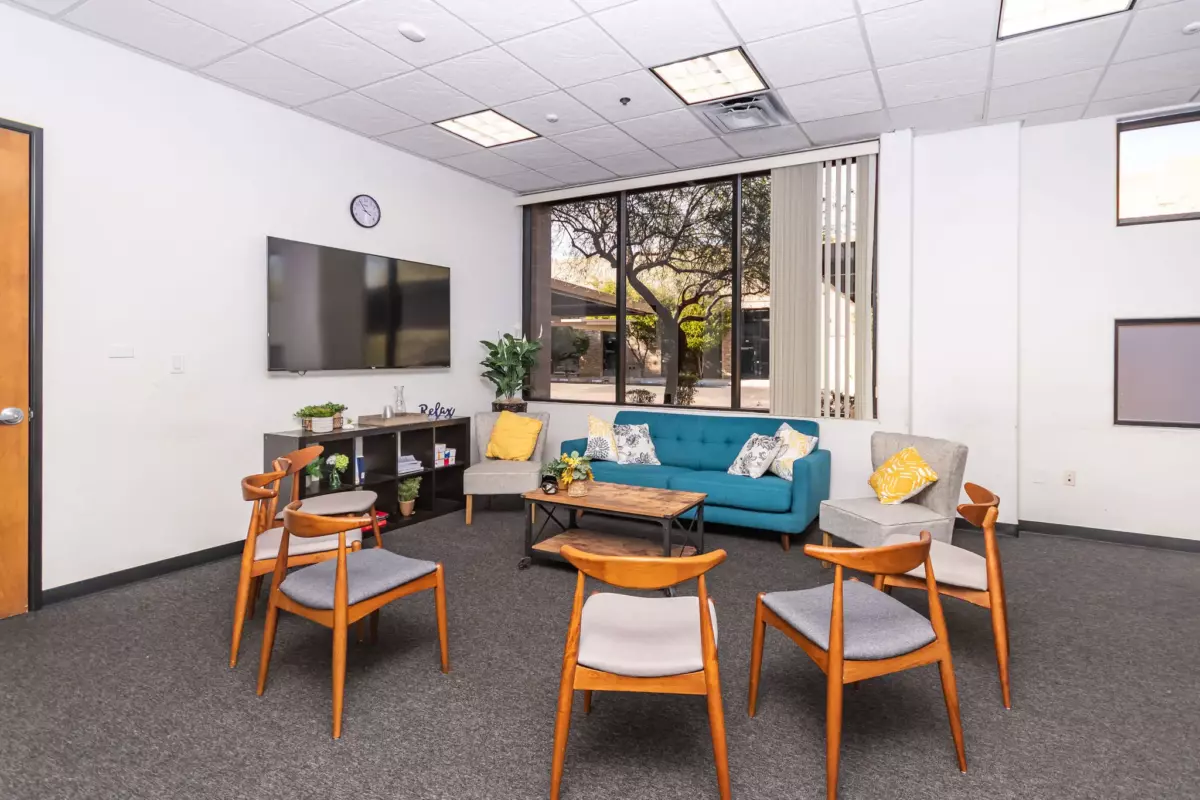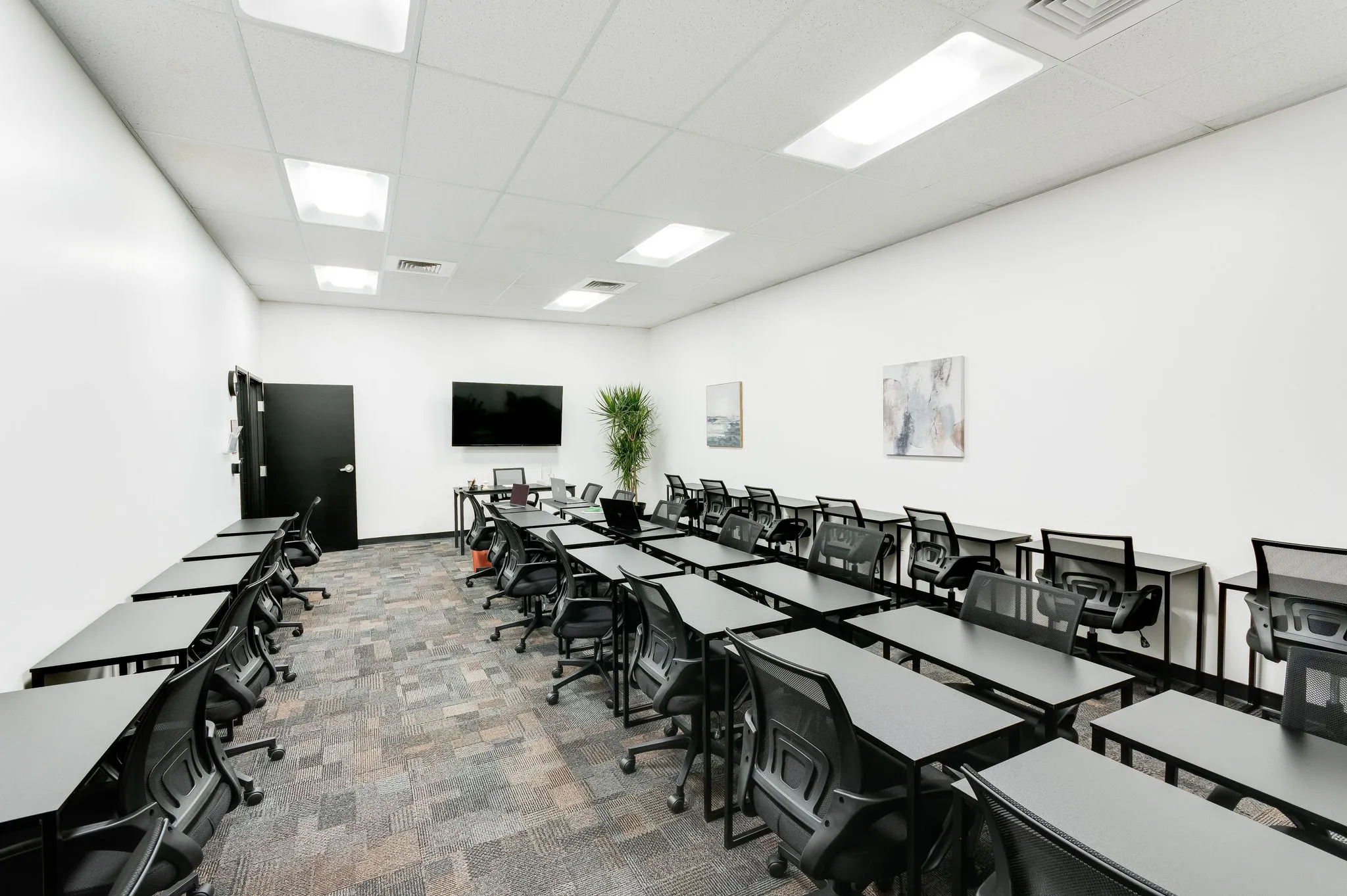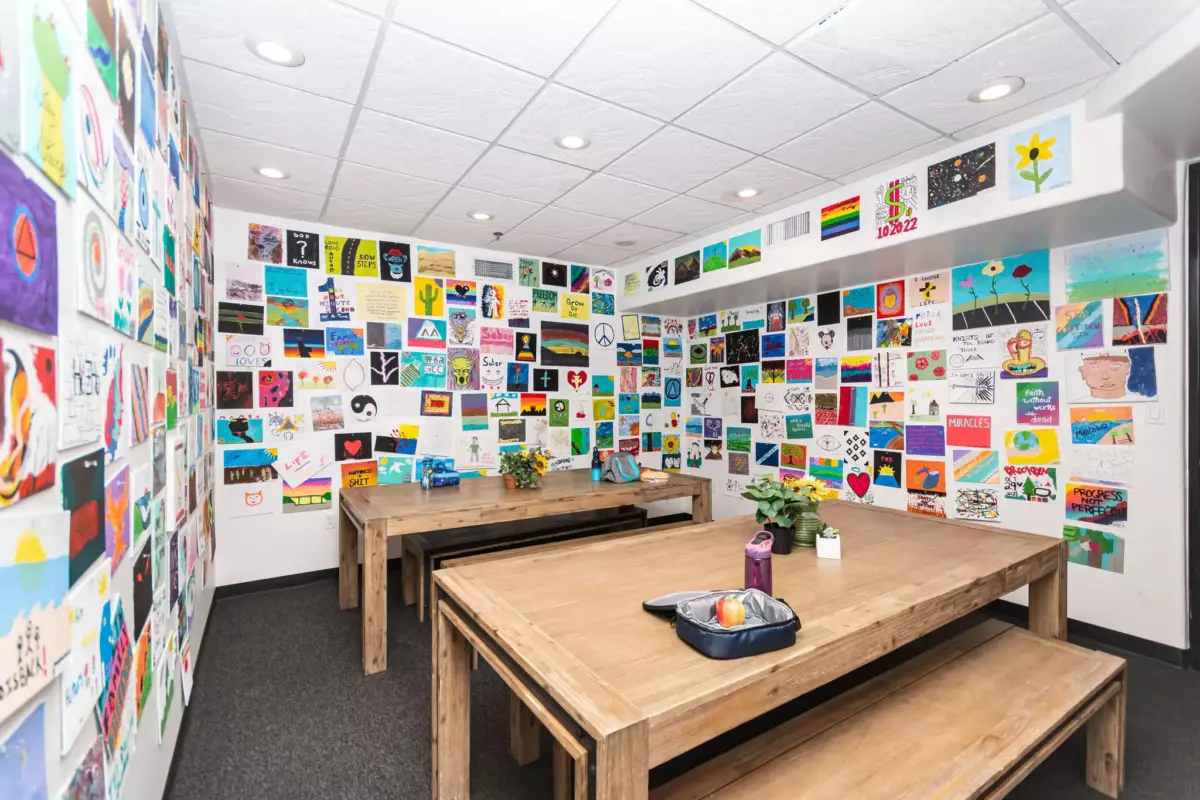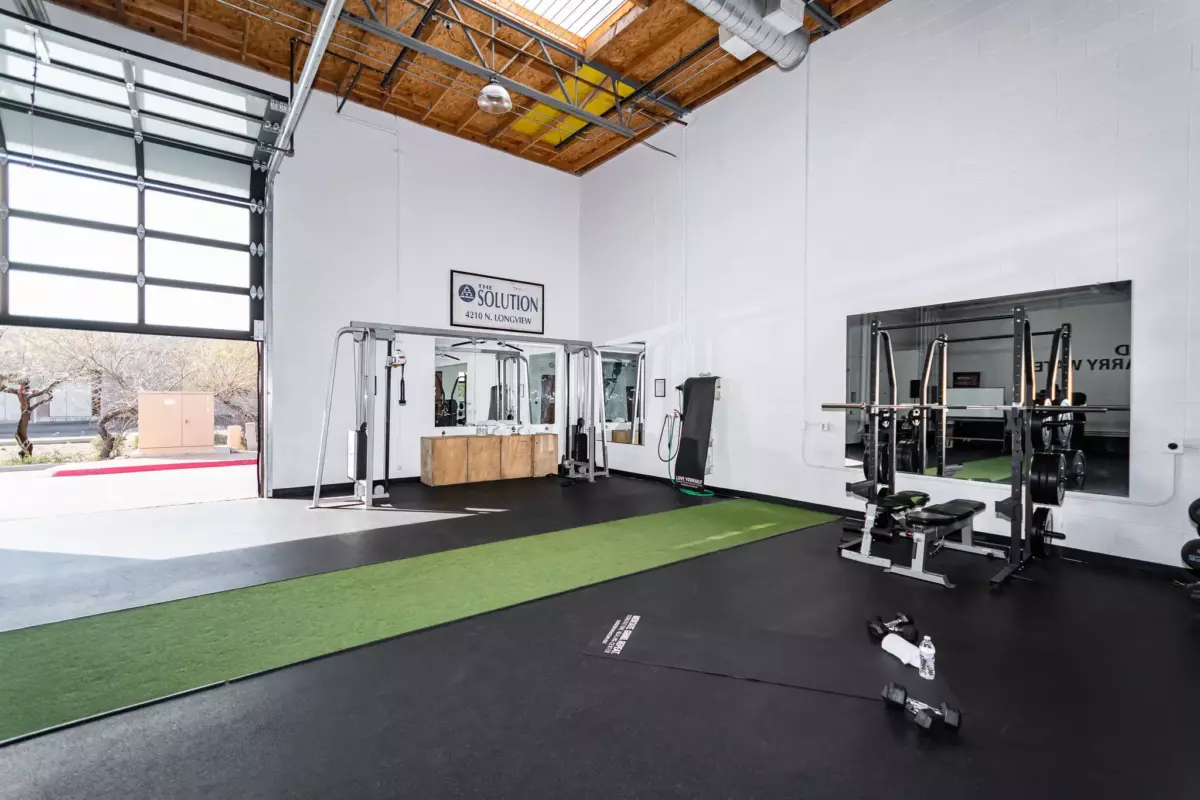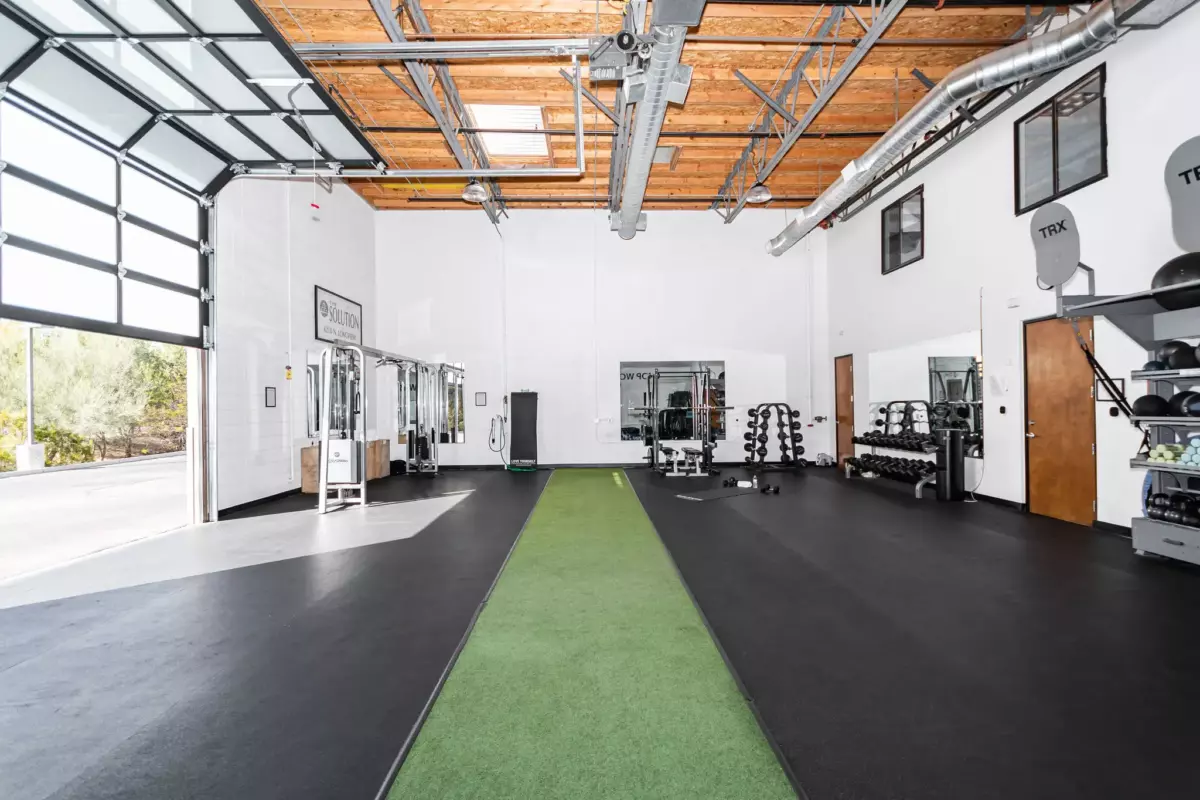Cornerstone
Residential Treatment for Young Adults
Supportive Care for Young Adults and Specialized Addiction Treatment Programs
Arizona Residential Drug Treatment for Young Adults
Our young adults residential treatment center specializes in assisting young adults in overcoming drug and alcohol addiction with a compassionate and customized approach.
We emphasize healing, personal development, and trauma-informed therapy and provide long-term residential treatment and individualized care. Within our supportive environment, young adults discover a community that nurtures resilience and guides them toward a substance-free life.
We’re dedicated to helping you find hope, strength, and a fresh start. Our residential treatment program for young adults is more than just a place to live; it’s a community devoted to supporting your recovery and overall health.
Let us help guide you towards a brighter future, free from substance abuse!
Addictions we treat at Cornerstone
Overview of Our Residential Program
Overview
Admission Criteria
Program Duration
Our residential treatment for young adults in Arizona caters to young adults aged 18 and above who are struggling with substance use disorders or co-occurring disorders. We offer a comprehensive, evidence-based approach that provides a structured and supportive environment to promote recovery, personal growth, and the development of essential life skills for long-term sobriety. Our program is customized to meet the unique challenges faced by young adults battling addiction. It provides specialized care and a nurturing community committed to empowering each individual on their path to wellness.
Our residential treatment program in Arizona is designed to assist young adults aged 18 and older who are dealing with substance use disorders and/or mental health conditions. We specialize in providing treatment services to young adults while supporting each individual on their unique path to recovery. To be eligible for our program, candidates should be medically stable, cleared for residential care, and ready to participate actively in treatment. Our young adults’ residential treatment center provides a supportive and nurturing environment that focuses on personal growth, healing, and developing crucial life skills necessary for sustained recovery.
Our program for residential drug and alcohol treatment is dedicated to providing comprehensive treatment services for young adults and typically lasts for 30-45 days. After completing this initial phase, individuals often progress to a less intensive level of care, where they can continue their recovery in an environment tailored to their unique needs. Our continuum of care includes supportive housing and various programs, such as Partial Hospitalization (PHP), Intensive Outpatient (IOP), and virtual treatment options. These programs are structured to assist young adults on their distinct paths to recovery. This approach facilitates a seamless transition and delivers ongoing support at every stage of recovery, highlighting our commitment to the long-term well-being and empowerment of young adults on their healing journey.
Our Holistic Approach to Recovery

Holistic healing is an essential aspect of addiction treatment for young adults. It focuses on treating the physical, emotional, mental, and spiritual dimensions of addiction. Our residential treatment program for young adults includes a wide range of holistic therapies that provide a comprehensive recovery approach. We aim to support the whole individual by offering treatment services such as mindfulness, nutrition, exercise, and creative therapies. This method promotes profound and long-lasting recovery by empowering young adults to regain their health and wellness.1

Developing life skills during addiction treatment for young adults is essential for promoting long-term sobriety and independence. Our residential treatment center imparts practical life skills such as financial management, building healthy relationships, stress management, and making informed decisions. We integrate these important skills into our treatment services to help young adults tackle life’s challenges confidently and resiliently. This approach ensures that they possess the necessary tools for a successful recovery and a fulfilling life after treatment.

Our residential treatment program for young adults provides a safe and nurturing environment where they can connect with their peers facing similar challenges. Through group therapy and communal activities, young adults can share experiences, strengths, and hopes, which are crucial in their journey toward recovery. Our services are designed to empower young adults and give them a sense of belonging, making their path to sobriety a collective experience. Our supportive community plays a vital role in fostering resilience and promoting sustained wellness, highlighting the significance of solidarity and understanding in overcoming addiction.
Specialized Support for Young Adults
Young adults in addiction recovery require specialized support systems to address their unique developmental and emotional stages.
Research highlighted by the Journal of Substance Abuse Treatment suggests that cognitive-behavioral therapy (CBT) and motivational interviewing (MI) are effective in engaging young adults.2
Peer support groups, like those offered by Cornerstone Healing Center, play a vital role in providing young adults a sense of community and belonging, which is crucial for their recovery. These groups offer relatable experiences and coping strategies, creating an environment of mutual understanding and support.
By integrating tailored counseling, peer interactions, and life skill development, Cornerstone equips young adults with the tools for long-term sobriety and growth, addressing their specific challenges with comprehensive care and targeted support on their recovery journey.
Maria Tisci - Alumni Testimonial
Watch the testimonial from one of our treatment alumni:
“Having support from people who have gone through things that you’ve gone through and understand you and not judge you, and you can tell that they actually want to help you. It was something I had never had before.”
Maria’s experience at Cornerstone Healing Center
Addressing the Unique Needs of Young Adults in Recovery
Stigma
Young adults face considerable stigma and judgment related to substance abuse, making them hesitant to seek help. Treatment programs for young adults offer a secure, confidential environment to address these concerns.
Trauma
Many young adults with substance use disorders have experienced trauma, such as abuse, bullying, or other forms of violence. Treatment programs for young adults frequently adopt trauma-informed approaches, fostering a supportive environment that addresses these sensitive issues.
Mental Health
Young adults in addiction treatment often struggle with co-occurring mental health issues. Programs designed for young adults offer integrated services to address both substance use and mental health disorders concurrently.3
Community
Young adults benefit significantly from peer support in treatment, especially when sharing relatable experiences. Treatment programs for young adults often emphasize group therapy and peer-led support groups to foster a sense of connection and community.
Empowerment
Empowering young adults in their recovery is vital, given the disempowerment many have experienced. Treatment for young adults often centers on enhancing self-efficacy and life skills, enabling them to regain control and establish a foundation for a substance-free life.
Relapse Prevention
Young adults may have different triggers for relapse compared to older adults, such as peer pressure, social media influence, and negative emotions. Treatment programs for young adults develop relapse prevention strategies that specifically address these age-related differences.
Addictions We Treat

Why Choose our Scottsdale Residential Program
Benefits for
Young Adults
Our residential program is dedicated to providing customized recovery journeys that cater to each participant’s individual needs. We deliver specialized care to support every aspect of a young adult’s path toward sustained sobriety and holistic well-being:
- Tailored Treatment Plans: Young adults receive personalized care, ensuring their unique challenges with addiction and mental health are addressed effectively.
- Life Skills Development:This program gives young adults crucial skills for managing life post-rehab and fostering lasting recovery.
- Peer Support: Engaging with peers in similar situations fosters community and belonging, crucial for emotional support and recovery.
- Enhanced Family Engagement: This program offers specialized counseling to repair and strengthen family relationships affected by substance use among young adults.
- Comprehensive Holistic Offerings: Focusing on the total wellness of young adults, this program includes holistic treatments such as mindfulness and yoga, catering to their overall well-being.
- Relapse Prevention: Young adults learn strategies to handle age-related triggers, promoting long-term sobriety.
- Technology Integration: Utilizes digital tools and online resources to resonate with young adults’ tech-savvy nature and provide accessible support anytime, anywhere.
Tour Our Residential Rehab Facility
Cornerstone Healing Center is Arizona’s premier luxury rehabilitation destination, known for its top-tier residential treatment services. Our facility is surrounded by the colorful skies and beauty of Arizona’s desert environments, providing a peaceful haven for recovery.
Designed to foster therapeutic progress and comfort, our centers feature expansive living spaces, gourmet kitchens, and unique amenities such as music studios and private counseling areas. The external settings offer diverse relaxation and seating arrangements thoughtfully placed to enhance the breathtaking desert panoramas and elegance of our sophisticated swimming pools.
Set in upscale areas, our facilities combine tranquil natural surroundings with top-notch amenities, offering an ideal rehabilitation and personal development environment.
Meet Our
Residential Team

Clinical Director of Scottsdale Program
Lionel is a Licensed Independent Substance Abuse Counselor (LISAC) with over 4 years at Cornerstone. Passionate about helping those with addiction and mental health struggles, and he has trained as an EMDR therapist, adopting a trauma-informed approach to find and treat underlying root causes with empathy.
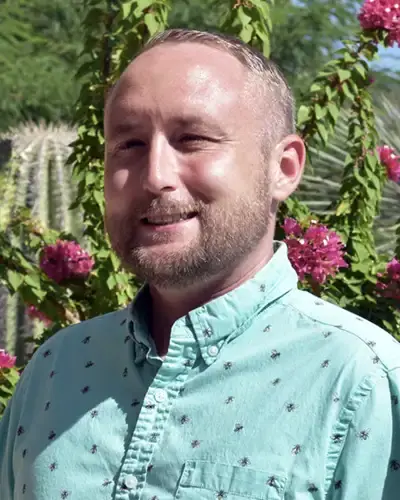
Clinical Director of Phoenix Program
Nate began his recovery journey in 2010 and earned a Master’s in Social Work from ASU. He’s been in the Behavioral Health field since 2013. Specializing in CBT, DBT, and grief, Nate is now the Clinical Director of our Phoenix program, underlined by his passion for helping others who struggled with substance abuse issues as he did.
FAQs About Residential Treatment For Young Adults
Get answers to the most commonly asked questions about our residential treatment.
Does residential rehab work?
Residential drug rehab is a fundamental aspect of drug and alcohol treatment and is highly effective for individuals struggling with addiction.
According to findings in the Journal of Substance Abuse Treatment, over 60% of individuals who engage in residential treatment for substance abuse and complete an inpatient drug and alcohol program report achieving and maintaining sobriety for one year or more.4
This statistic highlights the critical importance of choosing a dedicated alcohol and drug rehab program that offers a supportive and structured environment essential for overcoming addiction and fostering a sustainable recovery journey.
How long is Cornerstone's residential treatment for young adults?
Our young adults’ residential treatment program for substance abuse is tailored to address the specific needs of each individual, taking into account the nature, severity, and history of their addiction.
We steer clear of a generic approach in our drug and alcohol rehab programs, aiming for the most effective outcomes for our clients.
Our seasoned clinicians will comprehensively assess your situation and craft a customized plan based on their findings.
It’s essential to be aware that some insurance policies may impose annual limits on coverage for certain types of care.
But there’s no need to stress over these details!
Our team excels at navigating these policies and will ensure you’re well informed and supported throughout your time with us.
Is long term residential treatment covered by insurance?
Insurance usually covers Cornerstone’s long term residential treatment.
You will need to pay an initial deductible as specified by your insurance plan.
After meeting your deductible, your insurance benefits will contribute towards the cost, covering a significant portion of the services provided.
While some insurance plans may cover most treatment expenses, others necessitate a deductible that varies by policy.
We encourage you to complete our insurance verification form to learn more about your health insurance coverage.
Our admissions team is here to simplify the process and will take the initiative to contact your insurance provider directly to clarify the specifics of your coverage.
What does Cornerstone's residential treatment for young adults cost?
The cost of Cornerstone’s residential treatment for young adults varies based on your insurance coverage, the scope of your coverage, and the duration of your stay.
Please get in touch with us to obtain accurate pricing details matching your financial situation and health insurance policy.
Start the process today by verifying your insurance and taking the first step toward your road to recovery!
How does residential differ from outpatient?
Long-term residential treatment, also known as inpatient treatment, is a different approach to addiction recovery compared to outpatient services.
In residential treatment, individuals stay at the treatment center, receiving round-the-clock support and comprehensive care. This option is handy for those with severe addictions, as it provides a controlled environment away from everyday triggers and pressures.
On the other hand, outpatient rehab allows individuals to stay at home while attending treatment sessions according to a set schedule. Its flexibility is especially suitable for individuals with less severe addictions or those with significant work and family obligations.
The Substance Abuse and Mental Health Services Administration (SAMHSA) advises that choosing between residential and outpatient treatment should depend on the severity of the addiction, individual health requirements, and personal circumstances. It highlights the need for tailored recovery strategies.5
Cornerstone provides various treatment programs depending on the severity of addiction challenges. Inpatient and Residential programs are ideal for those with more severe situations, while Outpatient programs are for less severe.
Please contact us or fill out our insurance verification form for more information on how to begin your recovery journey with us.
What happens after long term residential treatment?
After completing our young adults residential treatment program, you’ll progress to another level of care to continue your treatment journey.
Depending on your needs, this next phase may involve partial hospitalization, intensive outpatient care, or our outpatient program.
You can be confident that we’ll support you at every stage of your recovery.
For more information about our programs, please visit our Programs page.
CLINICALLY REVIEWED

Lionel Estrada, LISAC
CLINICAL DIRECTOR
Lionel, a Licensed Independent Substance Abuse Counselor (LISAC) with over 4 years at Cornerstone, specializes in addiction and mental health. Trained in EMDR therapy, he employs a trauma-informed, empathetic approach to address underlying causes of these issues.
- Read our Editorial Policy
Still have questions about treatment?
Our admissions specialists are here to explain the process, answer any questions you may have, and ensure you’re getting the help you need to live a healthy life free from addiction.


